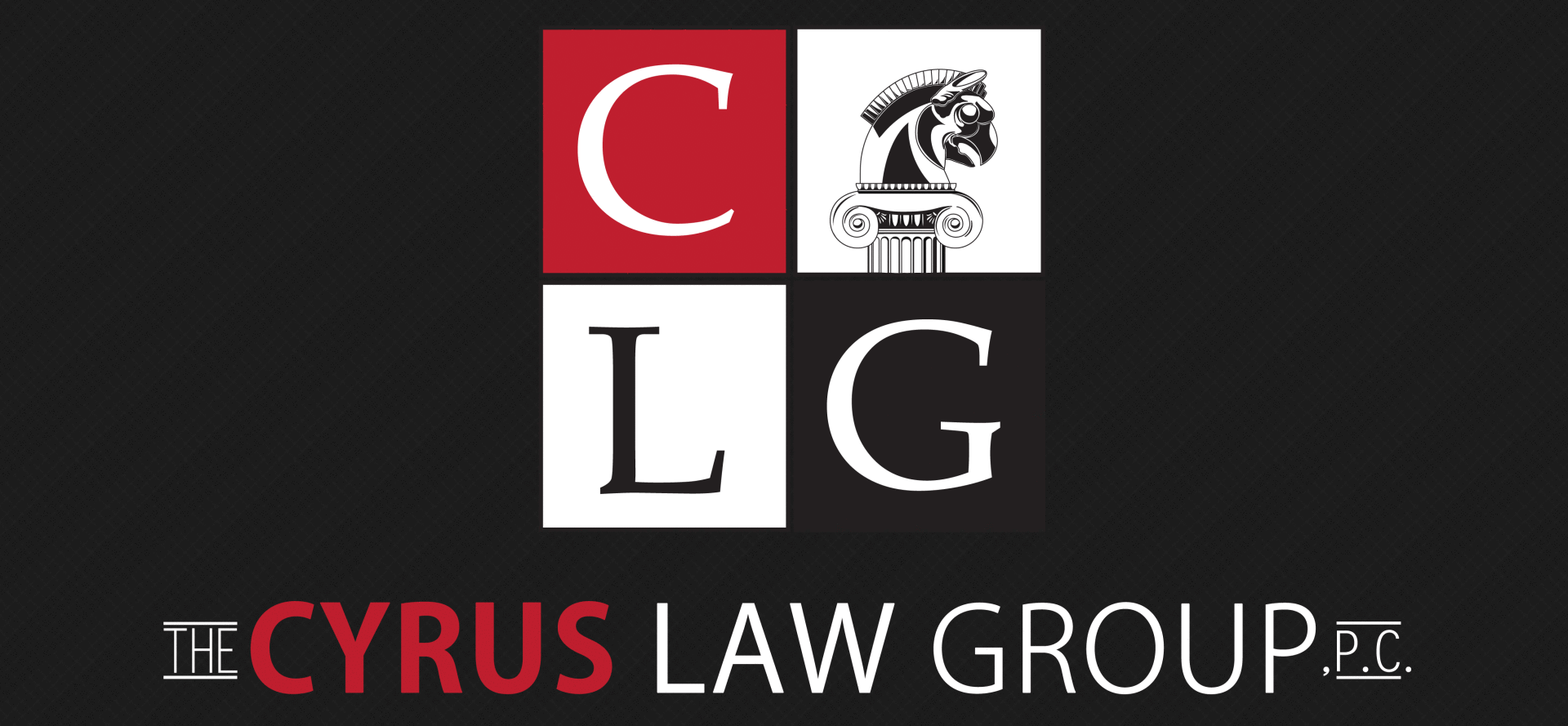Defaulting on a loan typically triggers a higher interest rate – “default interest” – as one of many consequences for the borrower. The answer to that question has evolved from 1988 to the present, starting with the 9th Circuit's decision in In re Entz-White Lumber & Supply, Inc. 850 F.2d 1338, followed by the enactment of 11 U.S.C. section 1123 , and culminating with the 9th Circuit's recent decision In re New Investments, Inc. 840 F.3d 1137, which overruled Entz-White .
